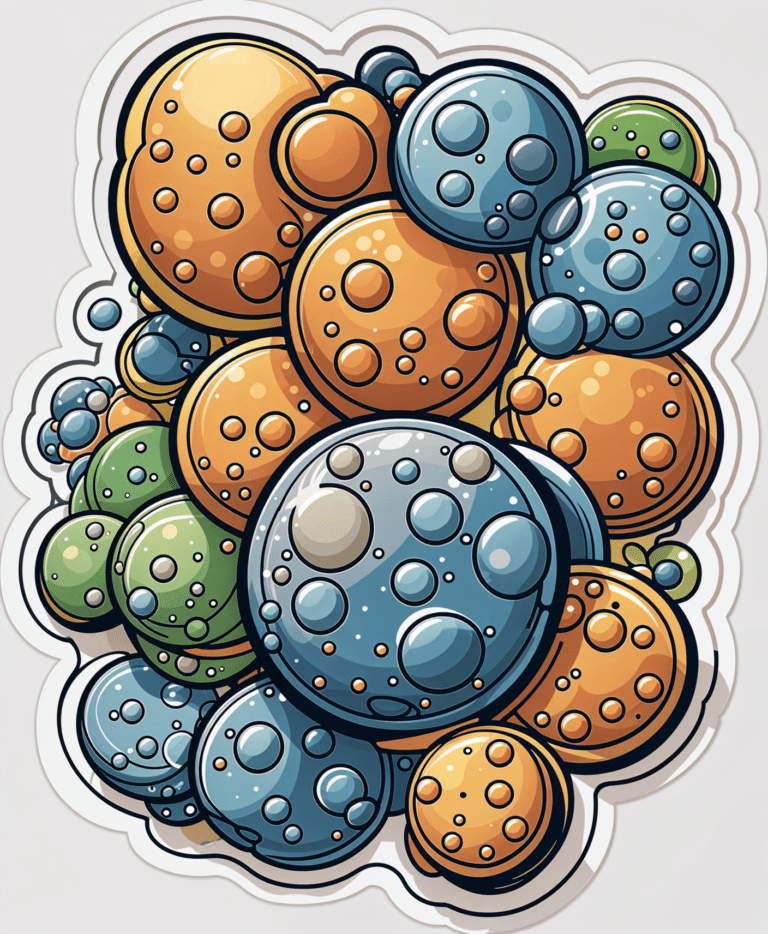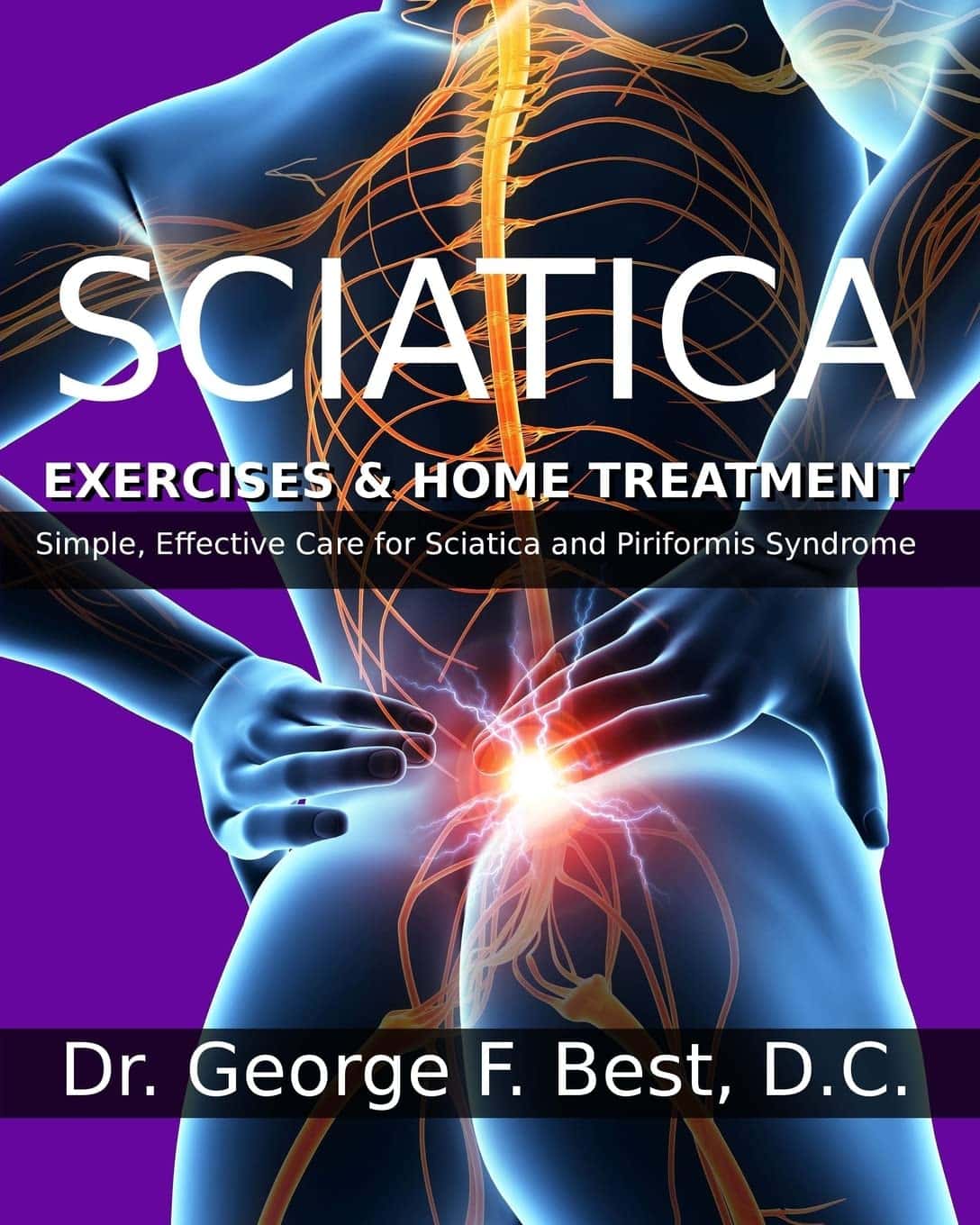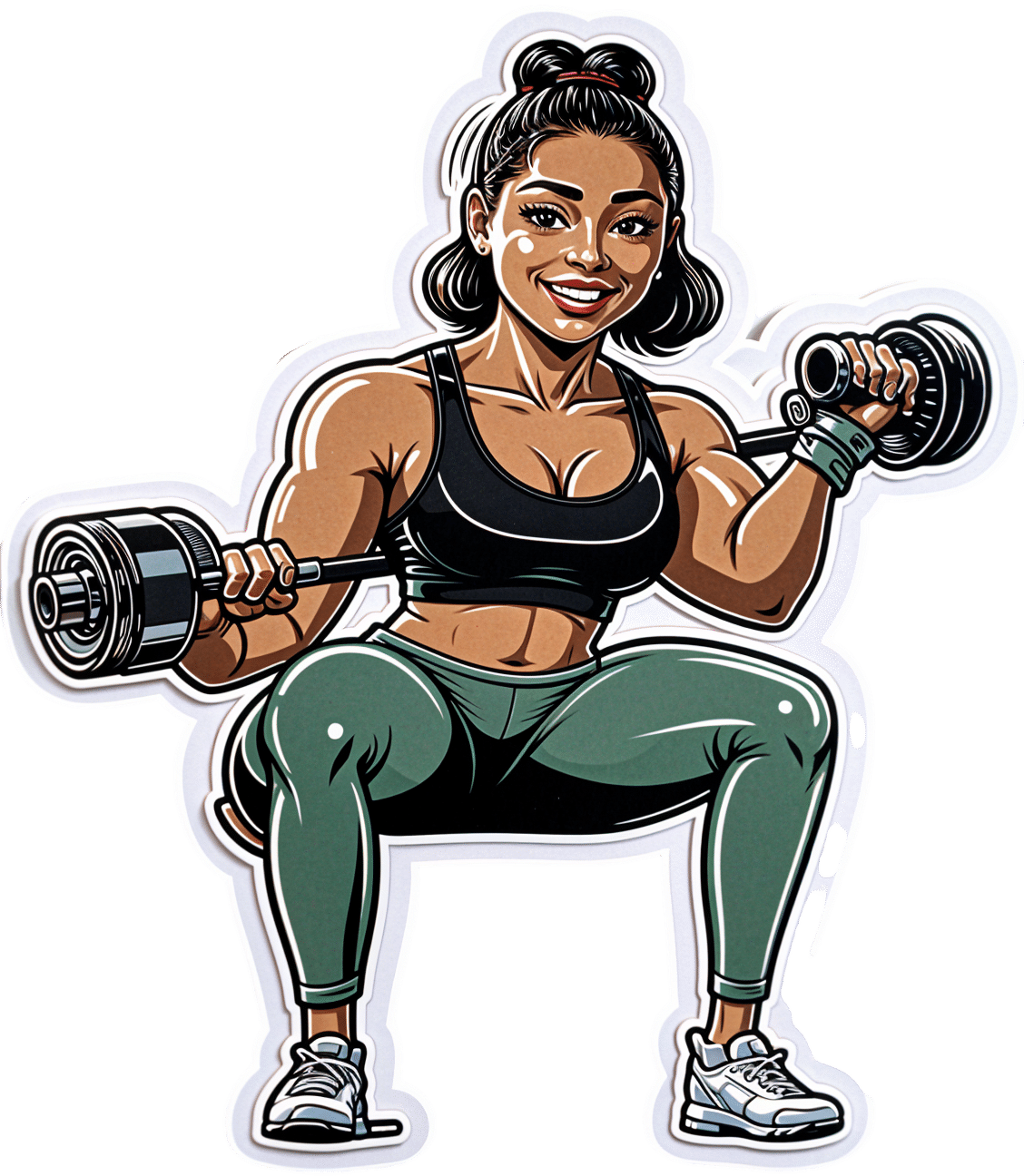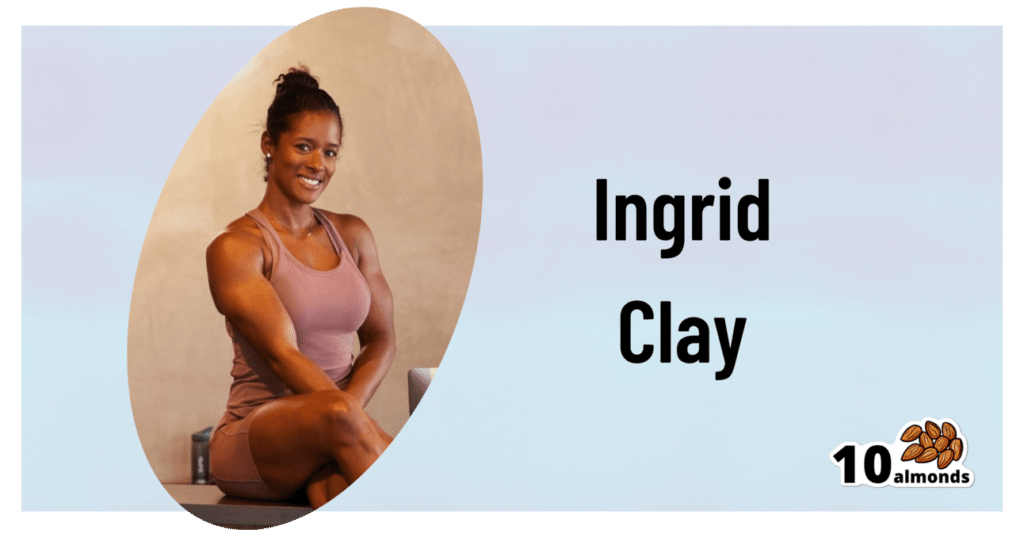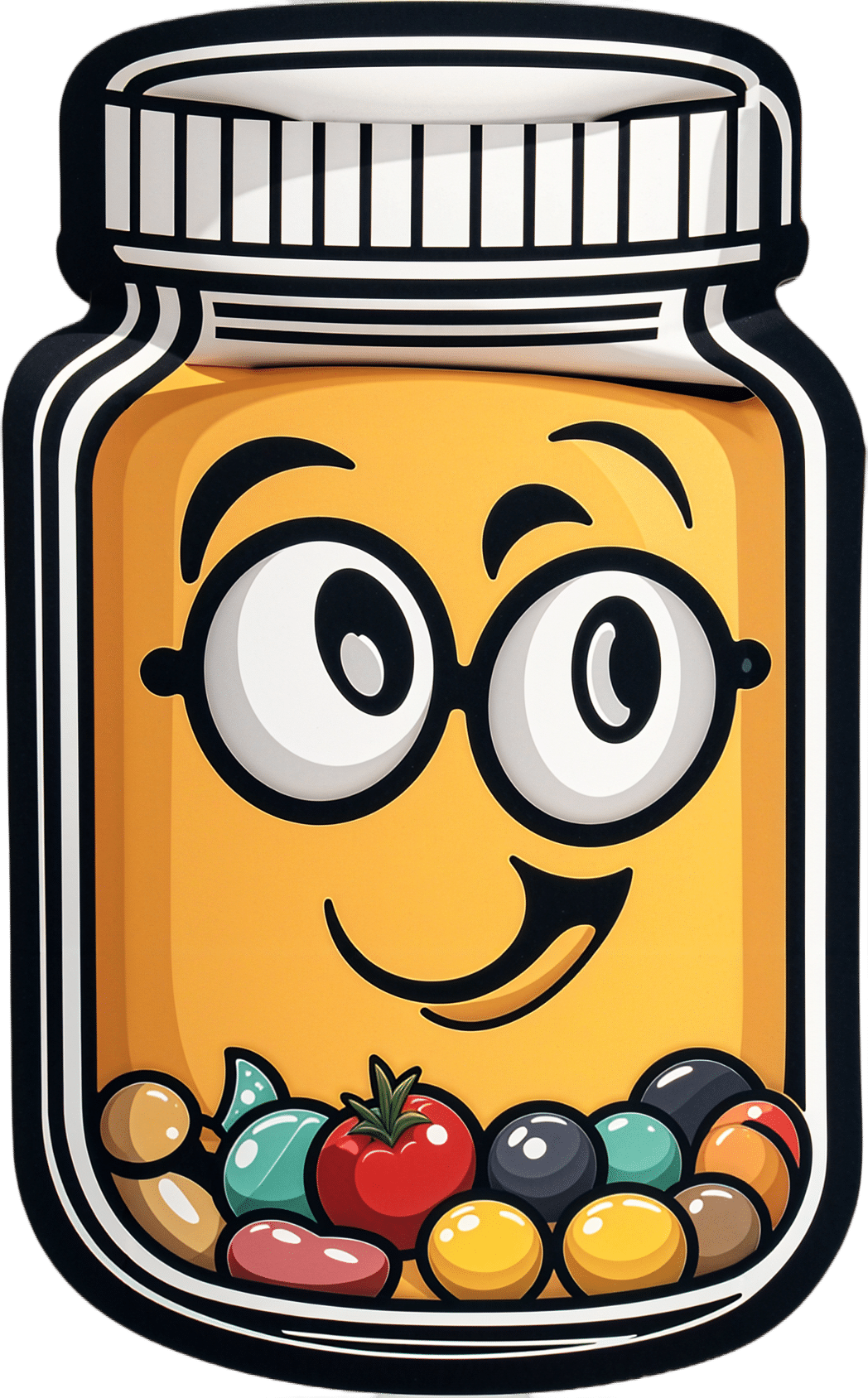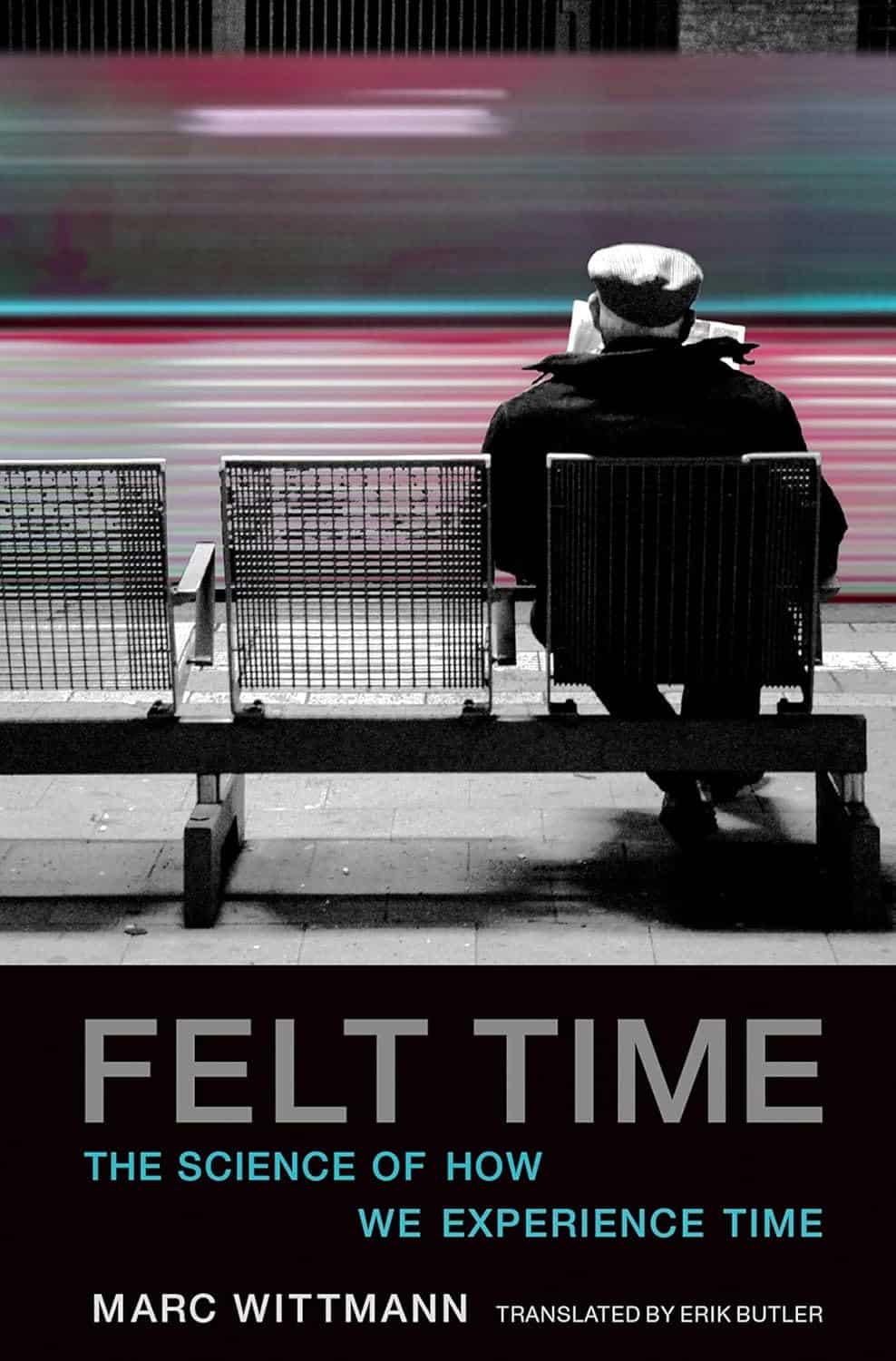
How Are You, Really? And How Old Is Your Heart?
10almonds is reader-supported. We may, at no cost to you, receive a portion of sales if you purchase a product through a link in this article.
How Are You, Really? The Free NHS Health Test
We took this surprisingly incisive 10-minute test from the UK’s famous National Health Service—the test is part of the “Better Health” programme, a free-to-all (yes, even those from/in other countries) initiative aimed at keeping people healthy enough to have less need of medical attention.
As one person who took the test wrote:
❝I didn’t expect that a government initiative would have me talking about how I need to keep myself going to be there for the people I love, let alone that a rapid-pace multiple-choice test would elicit these responses and give personalized replies in turn, but here we are❞
It goes beyond covering the usual bases, in that it also looks at what’s most important to you, and why, and what might keep you from doing the things you want/need to do for your health, AND how those obstacles can be overcome.
Pretty impressive for a 10-minute test!
Is Your Health Above Average Already? Take the Free 10-minute NHS test now!
How old are you, in your heart?
Poetic answers notwithstanding (this writer sometimes feels so old, and yet also much younger than she is), there’s a biological answer here, too.
Again free for the use of all*, here’s a heart age calculator.
*It is suitable for you if you are aged 30–95, and do not have a known complicating cardiovascular disease.
It will ask you your (UK) postcode; just leave that field blank if you’re not in the UK; it’ll be fine.
How Old Are You, In Your Heart? Take the Free 10-minute NHS test now!
(Neither test requires logging into anything, and they do not ask for your email address. The tests are right there on the page, and they give the answers right there on the page, immediately)
Don’t Forget…
Did you arrive here from our newsletter? Don’t forget to return to the email to continue learning!
Recommended
Learn to Age Gracefully
Join the 98k+ American women taking control of their health & aging with our 100% free (and fun!) daily emails:
-
Sciatica Exercises & Home Treatment – by Dr. George Best
10almonds is reader-supported. We may, at no cost to you, receive a portion of sales if you purchase a product through a link in this article.
Dr. Best is a doctor of chiropractic, but his work here is compelling. He starts by giving an overview of the relevant anatomy, and then the assorted possible causes of sciatica, before moving on to the treatments.
As is generally the case for chiropractic, nothing here will be “cured”, but it will give methods for ongoing management to keep you pain-free—which in the case of sciatica, is usually the single biggest thing that most people suffering from it most dearly want.
We get to read a lot about self-massage and exercises, of the (very well-evidenced; about the most well-evidenced thing there is for back pain) McKenzie technique exercises, as well as assorted acupressure-based techniques that are less well-evidenced but have good anecdotal support.
He also writes about preventing sciatica—which if you already have it, that doesn’t mean it’s too late; it just means, in that case do these things (along with the aforementioned exercises) to gradually reverse the harm done and get back to where you were pre-sciatica.
Lastly, he does also speak on when signs might point to your problems being beyond the scope of this book, and seeking professional examination if you haven’t already.
The style throughout is straight to the point, informative, and instructional. There is zero fluff or padding, and no sensationalization. There are diagrams and illustrative photos where appropriate.
Bottom line: if you have, or fear the threat of, sciatica, then this is an excellent book to have and use its exercises.
Click here to check out Sciatica Exercises & Home Treatment, and live pain-free!
Share This Post
-
HIIT, But Make It HIRT
10almonds is reader-supported. We may, at no cost to you, receive a portion of sales if you purchase a product through a link in this article.
This May HIRT A Bit
This is Ingrid Clay. She’s a professional athlete, personal trainer, chef*, and science writer.
*A vegan bodybuilding chef, no less:
Click Here If The Embedded Video Doesn’t Load Automatically!
For those who prefer reading…
This writer does too 😉
We’ve previously reviewed her book, “Science of HIIT”, and we’re going to be talking a bit about High Intensity Interval Training today.
If you’d like to know a little more about the woman herself first, then…
Centr | Meet Ingrid: Your HIIT HIRT trainer
Yes, that is Centr, as in Chris Hemsworth’s personal training app, where Clay is the resident HIIT & HIRT expert & trainer.
What’s this HIIT & HIRT?
“HIIT” is High Intensity Interval Training, which we’ve written about before:
How To Do HIIT (Without Wrecking Your Body)
Basically, it’s a super-efficient way of working out, that gets better results than working out for longer with other methods, especially because of how it raises the metabolism for a couple of hours after training (this effect is called EPOC, by the way—Excessive Post-exercise Oxygen Consumption), and is a good thing.
You can read more about the science of it, in the above-linked main feature.
And HIRT?
“HIRT” is High Intensity Resistance Training, and is resistance training performed with HIIT principles.
See also: Chris Hemsworth’s Trainer Ingrid Clay Explains HIRT
An example is doing 10 reps of a resistance exercise (e.g., a dumbbell press) every minute on odd-numbered minutes, and 10 reps of a different resistance exercise (e.g. dumbbell squats) on even-numbered minutes.
If dumbbells aren’t your thing, it could be resistance bands, or even the floor (press-ups are a resistance exercise!)
For HIRT that’s not also a cardio exercise, gaps between different exercises can be quite minimal, as we only need to confuse the muscles, not the heart. So, effectively, it becomes a specially focused kind of circuit training!
If doing planks though, you might want to check out Clay’s troubleshooting guide:
Want more from Clay?
Here she gives a full 20-minute full-body HIIT HIRT workout:
Click Here If The Embedded Video Doesn’t Load Automatically!
Enjoy!
Share This Post
-
Is It Possible To Lose Weight Quickly?
10almonds is reader-supported. We may, at no cost to you, receive a portion of sales if you purchase a product through a link in this article.
In Victorian England, weight-loss trends like the dangerous tapeworm diet were popular. While modern fad diets can seem less extreme, they often promise similarly fast results. However, these quick fixes can have similarly harmful consequences:
Not so fast
To illustrate the difference between gradual and extreme dieting, the video bids us consider two identical twins, Sam and Felix:
- Sam adopts a gradual approach, slowly reducing calorie intake and exercising regularly. This causes his body to burn glycogen stores before transitioning to fat as an energy source. Regular exercise helps Sam maintain muscle mass, which boosts his metabolism and supports sustained weight loss.
- Felix drastically cuts calories, forcing his body into starvation mode. He quickly depletes glycogen stores, loses muscle mass, and burns fewer calories, making long-term weight loss more difficult. Although Felix might initially lose water weight, this is temporary and unsustainable.
You cannot “just lose it quickly now, and then worry about healthiness once the weight’s gone”, because you will lose health much more quickly than you will lose fat, and that will sabotage, rather than help, your fat loss journey.Healthy weight loss requires gradual, balanced changes in diet and exercise tailored to individual needs. Extreme diets, whether through calorie restriction or things like elimination of carbs or fats, are unsustainable and shock the body. It’s important to prioritize long-term health over societal pressures for quick weight loss and focus on developing a sustainable, healthy lifestyle.
In short, the quickest way to lose weight and keep it off (without dying), is to lose it slowly.
For more on all of this, enjoy:
Click Here If The Embedded Video Doesn’t Load Automatically!
Want to learn more?
You might also like to read:
How To Lose Weight (Healthily)
Take care!
Share This Post
Related Posts
-
Which Vitamin Brands Are Effective?
10almonds is reader-supported. We may, at no cost to you, receive a portion of sales if you purchase a product through a link in this article.
It’s Q&A Day at 10almonds!
Have a question or a request? You can always hit “reply” to any of our emails, or use the feedback widget at the bottom!
In cases where we’ve already covered something, we might link to what we wrote before, but will always be happy to revisit any of our topics again in the future too—there’s always more to say!
As ever: if the question/request can be answered briefly, we’ll do it here in our Q&A Thursday edition. If not, we’ll make a main feature of it shortly afterwards!
So, no question/request too big or small
❝As far as specific brands of vitamin…some are good some not. I don’t like being told what buy but I guess I want to know which are effective. Could there be some brands recognized as good given to us?❞
The most reliable brands are generally those with the most transparency:
- They tell you what is in the supplement; not just the active ingredient(s), with doses, but also any buffers etc.
- They tell you, in the case of ingredients that can have various different sources, what the source is.
- They are, ideally, well-certified and independently tested.
Our previous sponsor Ora is a good example of a company that does this.
Additionally, in terms of bioavailability, generally speaking the order of preference goes liquid > capsule/softgel > tablet, so that’s something to look out for, too.
Note: “liquid” includes powders that are ingested when dissolved/suspended in water, and also includes tablets that become a liquid when dissolved/dispersed in water and ingested that way.
Don’t Forget…
Did you arrive here from our newsletter? Don’t forget to return to the email to continue learning!
Learn to Age Gracefully
Join the 98k+ American women taking control of their health & aging with our 100% free (and fun!) daily emails:
-
Felt Time – by Dr. Marc Wittmann
10almonds is reader-supported. We may, at no cost to you, receive a portion of sales if you purchase a product through a link in this article.
This book goes far beyond the obvious “time flies when you’re having fun / passes slowly when bored”, or “time seems quicker as we get older”. It does address those topics too, but even in doing so, unravels deeper intricacies within.
The author, a research psychologist, includes plenty of reference to actual hard science here, and even beyond subjective self-reports. For example, you know how time seems to slow down upon immediate apparent threat of violent death (e.g. while crashing, while falling, or other more “violent human” options)? We learn of an experiment conducted in an amusement park, where during a fear-inducing (but actually safe) plummet, subjective time slows down yes, but measures of objective perception and cognition remained the same. So much for adrenal superpowers when it comes to the brain!
We also learn about what we can change, to change our perception of time—in either direction, which is a neat collection of tricks to know.
The style is on the dryer end of pop-sci; we suspect that being translated from German didn’t help its levity. That said, it’s not scientifically dense either (i.e. not a lot of jargon), though it does have many references (which we like to see).
Bottom line: if you’ve ever wished time could go more quickly or more slowly, this book can help with that.
Don’t Forget…
Did you arrive here from our newsletter? Don’t forget to return to the email to continue learning!
Learn to Age Gracefully
Join the 98k+ American women taking control of their health & aging with our 100% free (and fun!) daily emails:
-
For tennis star Destanee Aiava, borderline personality disorder felt like ‘a death sentence’ – and a relief. What is it?
10almonds is reader-supported. We may, at no cost to you, receive a portion of sales if you purchase a product through a link in this article.
Last week, Australian Open player Destanee Aiava revealed she had struggled with borderline personality disorder.
The tennis player said a formal diagnosis, after suicidal behaviour and severe panic attacks, “was a relief”. But “it also felt like a death sentence because it’s something that I have to live with my whole life”.
A diagnosis is often associated with therapeutic nihilism. This means it’s viewed as impossible to treat, and can leave clinicians and people with the condition in despair.
In fact, people with this disorder can and do recover with adequate support. Understanding it is caused by trauma is fundamental to effectively treat this complex and poorly understood mental illness.
A stigmatising diagnosis
The name “borderline personality disorder” is confusing and adds greatly to the stigma around it.
Doctors first used “borderline” to describe a condition they believed was in-between two others: neurosis and psychosis.
But this implies the condition is not real in itself, and can invalidate the suffering and distress the person and their loved ones experience.
“Personality disorder” is a judgemental term that describes the very essence of a person – their personality – as flawed.
What is borderline personality disorder?
People with the disorder can express a range of symptoms, but high levels of anxiety – including panic attacks – are usually constant.
Symptoms cluster around four main areas:
- high impulsivity (leading to suicidal thoughts and behaviour, self-harm and other risky behaviours)
- unstable or poor sense of self (including low self-esteem)
- mood disturbances (including intense, inappropriate anger, episodic depression or mania)
- problems in relationships.
People with the disorder greatly fear being abandoned and as a result, commonly have distressing difficulties in interpersonal relationships.
This creates a “push-pull” dynamic with loved ones, as people with borderline personality disorder seek closeness, but push away those they love to test the strength of the relationship.
For example, they may escalate a small issue into a major disagreement to see if the loved one will “stick with them” and reinforce their love.
Conversely, if a loved one appears distant or fed up – for example, is thinking about ending the relationship – the person with borderline personality disorder will make major efforts to “pull” them back. This might look like a flurry of messages, expressions of despair, or even suicidal behaviours.
People with borderline personality disorder greatly fear being abandoned, making relationship issues common. Drazen Zigic/Shutterstock Who does it affect?
The disorder affects one in 100 Australians, although this is likely a conservative estimate, as diagnosis is based on the most severe symptoms.
Women are much more likely to be diagnosed with it than men – but why this is so remains a major debate, with political and sociological factors playing a role in making psychiatric diagnoses. Symptoms usually begin in the mid to late teens.
While an initial response to receiving a diagnosis can be comforting for some, it is commonly seen as a chronic, relapsing condition, meaning symptoms can return after a period of improvement.
Borderline personality disorder can fluctuate in intensity and mimic other conditions such as major depression, bipolar disorder, anxiety disorders and psychosis.
Estimates suggest 26% of presentations at emergency departments for mental health issues are by people diagnosed with personality disorders, particularly borderline personality disorder.
What causes it?
The main cause for borderline personality disorder appears to be trauma in early life, compounded by repeated traumas later.
Early life trauma can lead to biological changes in the brain that cause behavioural, emotional or cognitive shifts, leading to social and relationship issues. This is known as complex post-traumatic stress disorder.
Aiava has acknowledged the disorder is “mainly from childhood trauma”, although she has not given details about her specific experiences.
People with borderline personality disorder usually have complex post-traumatic stress disorder. But complex post-traumatic stress disorder doesn’t always result in a borderline personality disorder diagnosis.
Although the two disorders are not identical, they share many similarities, in particular that they are both caused by complex and repeated trauma.
However those with borderline personality disorder tend to experience more rage, emotional disturbances and have a greater fear of abandonment.
They also face greater stigma, whereas the term “complex post-traumatic stress disorder” doesn’t carry the same negative connotations and focuses on the cause of the condition – trauma – rather than “personality”, leading to better treatment options.
The recognition of the major role of trauma in borderline personality disorder is an important step forward in treating the disorder. But because of the stigma associated with it, using the diagnosis of complex post-traumatic stress disorder maybe a better step forward in the future.
Can it be treated?
There are many effective psychological therapies and other treatments for people with borderline personality disorder or complex post-traumatic stress disorder.
For example, dialectical behavioural therapy is a type of cognitive therapy that helps people learn skills such as tolerating distress, managing relationships, regulating emotions and practising mindfulness.
The treatment of people with post-traumatic stress disorder, including victims of war and rape, has taught us a lot about how to treat complex, underlying trauma. For example, with trauma-focused psychological therapies.
Other new treatments, such as eye movement desensitisation and reprogramming, have also shown to be effective.
Many people with borderline personality disorder who receive treatment and have supportive relationships are able to “outgrow” the condition. Others may need to continue to manage symptoms while pursuing a good quality of life.
Treating trauma, not personality
Rethinking borderline personality disorder as a trauma disorder enables a more effective and understanding approach for those with it.
Understanding what trauma does to the brain means newer, targeted medications can also be used.
For example, our research has shown how the brain’s glutamate system – the chemicals responsible for learning and making sense of one’s environment – is overactive in people with complex post-traumtic stress disorder. Medications that work on the glutumate system may therefore help alleviate borderline personality disorder symptoms.
Educating partners and families about borderline personality disorder, providing them support and co-designing crisis strategies are also important parts of total care. Preventing early life trauma is also critical.
If this article has raised issues for you, or if you’re concerned about someone you know, call Lifeline on 13 11 14.
Jayashri Kulkarni, Professor of Psychiatry, Monash University and Eveline Mu, Research Fellow in Women’s Mental Health, Monash University
This article is republished from The Conversation under a Creative Commons license. Read the original article.
Don’t Forget…
Did you arrive here from our newsletter? Don’t forget to return to the email to continue learning!
Learn to Age Gracefully
Join the 98k+ American women taking control of their health & aging with our 100% free (and fun!) daily emails:

